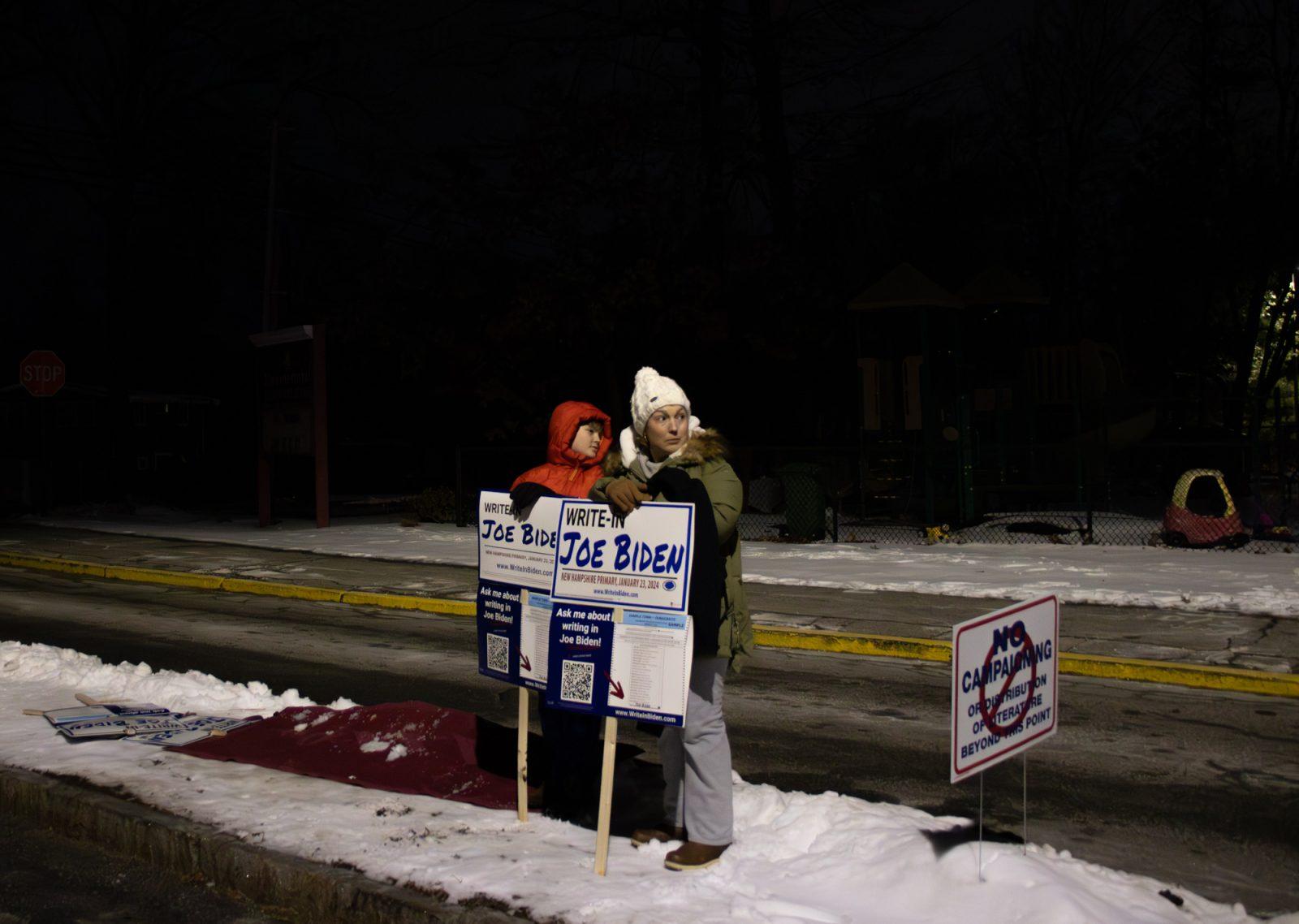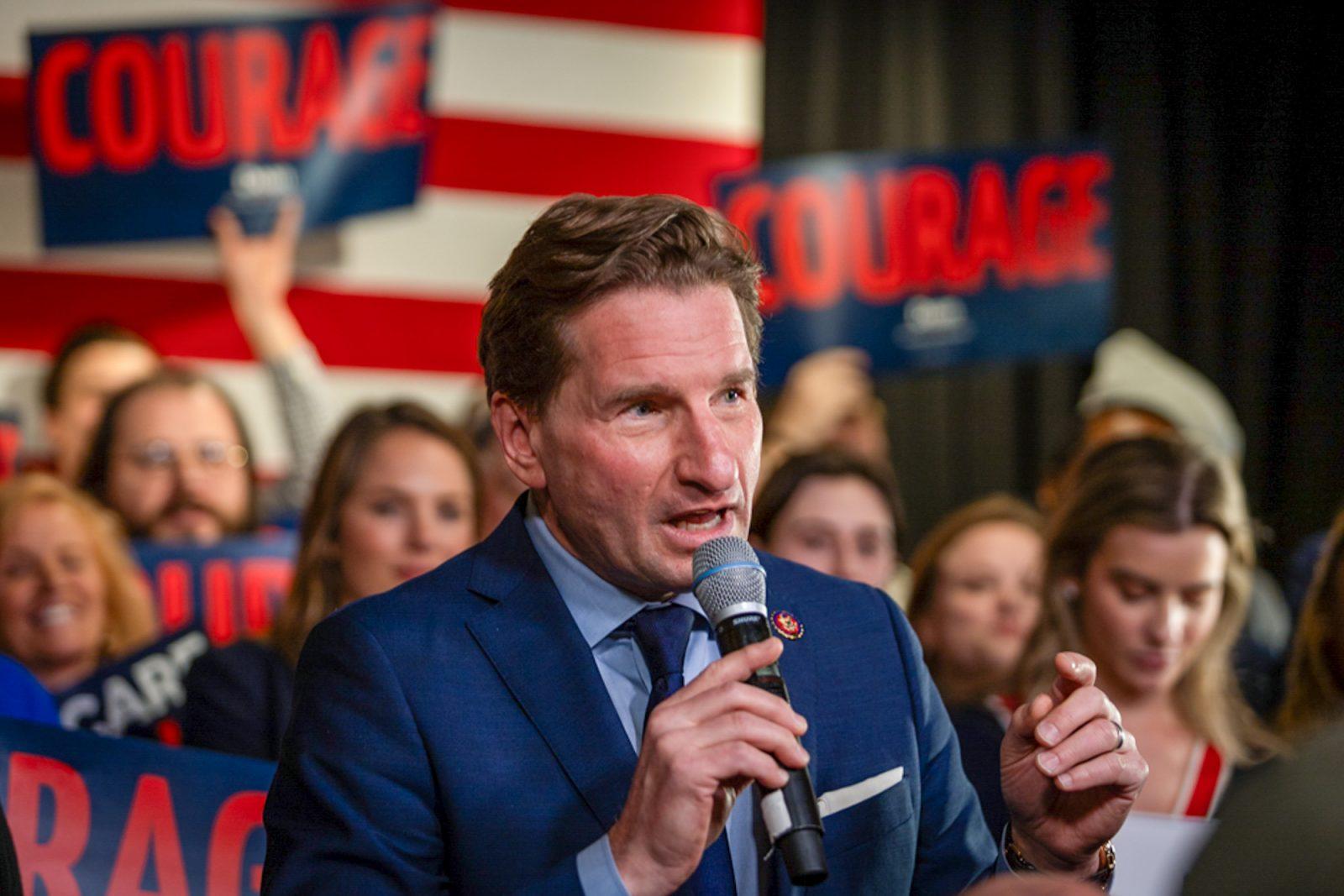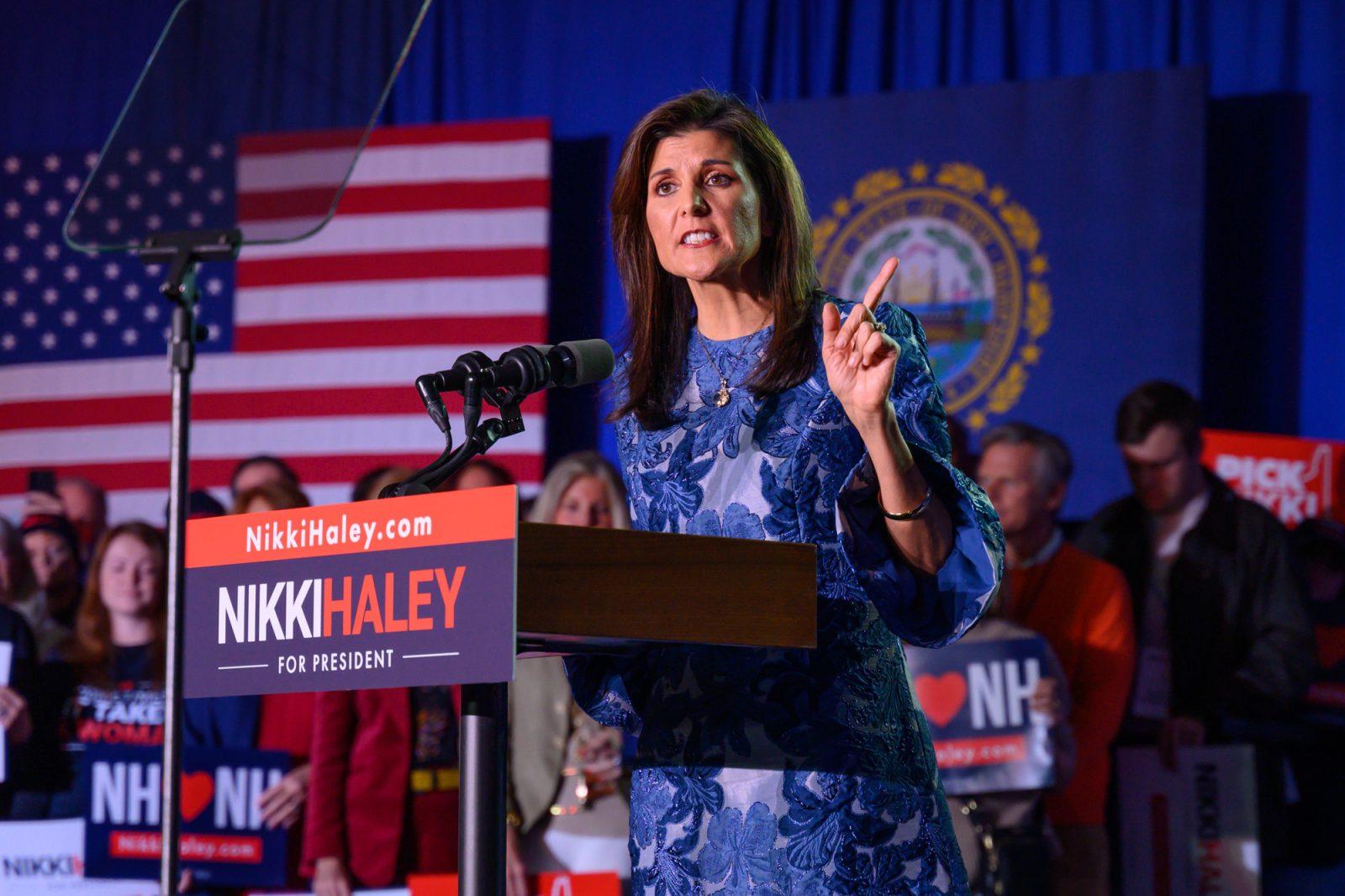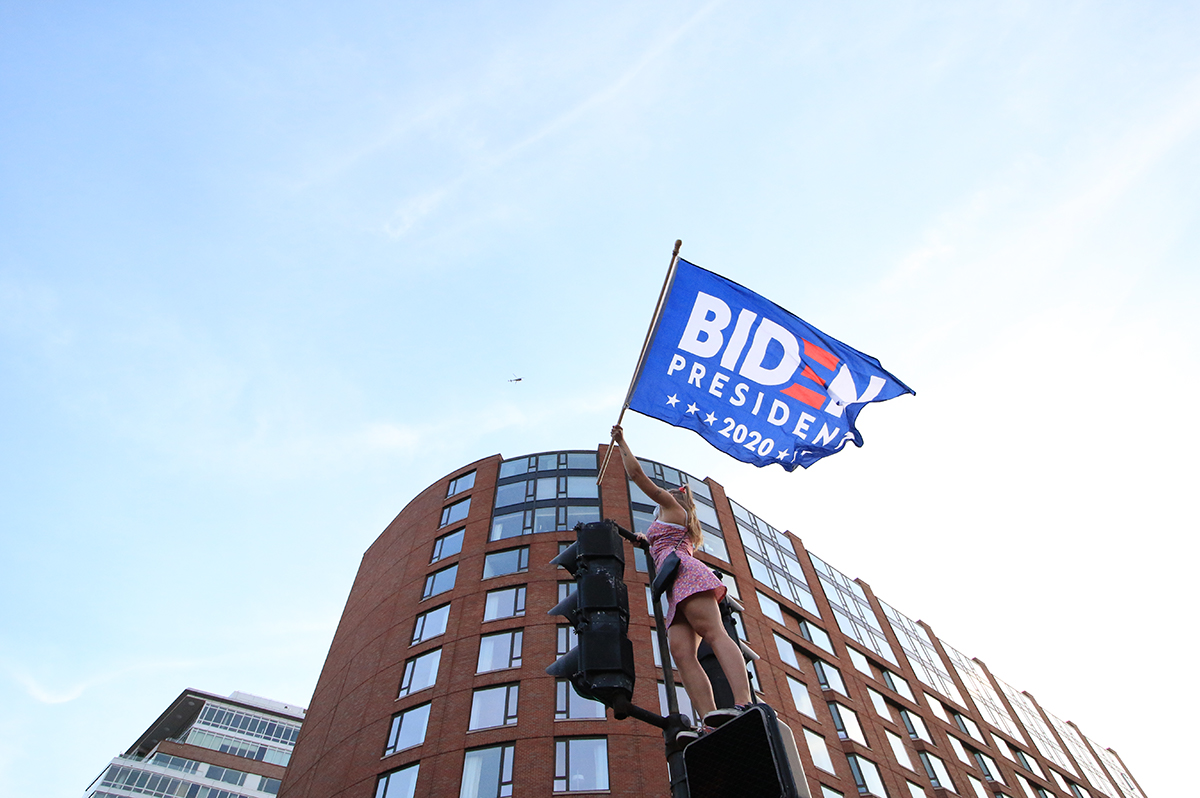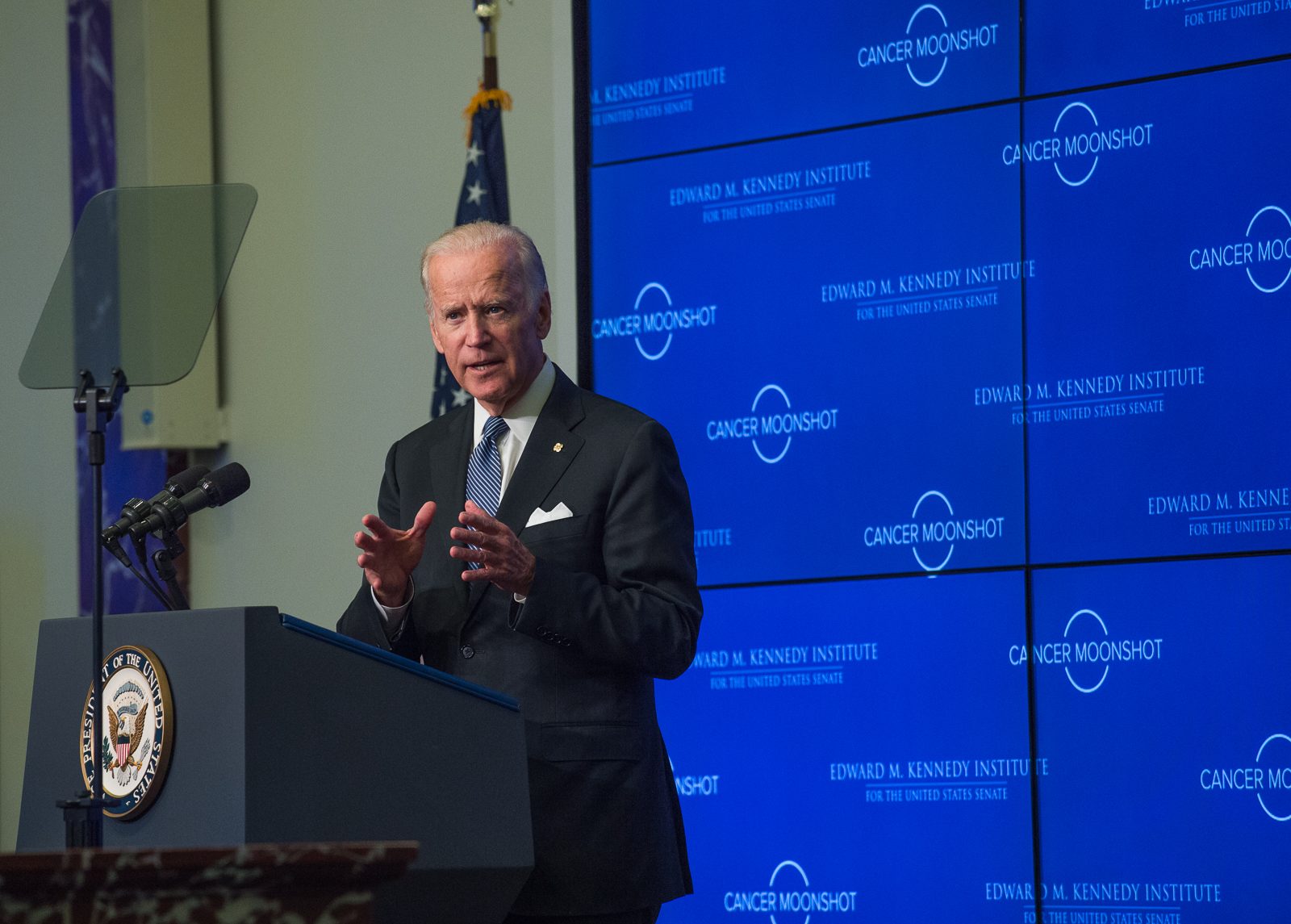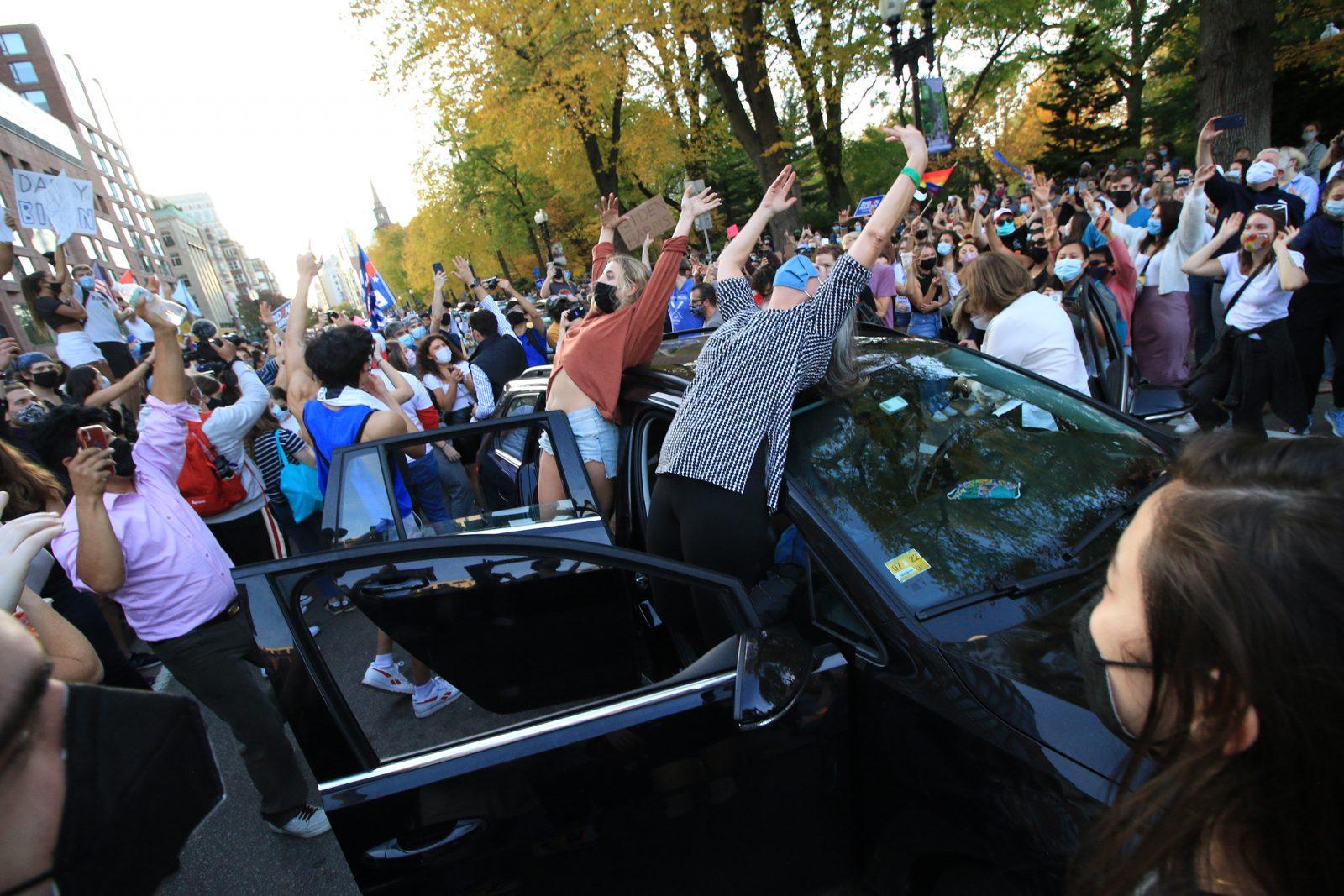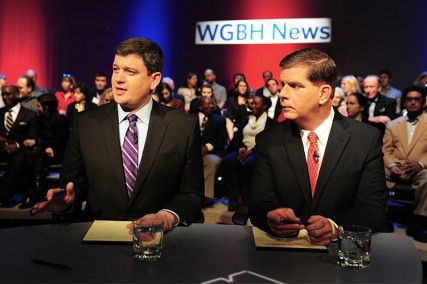
Mass. Rep. Martin Walsh and City Councilor John Connolly, candidates running to replace Boston Mayor Thomas Menino, went head-to-head Tuesday night in a second televised debate at WGBH studios in Brighton leading up to the Nov. 5 general election.
Like the Oct. 15 debate, much of the conversation focused on education and youth in Boston, followed by infrastructure and social issues. Both candidates said city schools do well overall, but would like to see several improvements within the Boston Public Schools system.
“There needs to be a change in the level of collective bargaining [between teachers and the city],” Walsh said. “We get change by sitting down and having a good, healthy conversation and demanding the change we need.”
Connolly, a former teacher, said his past experience has given him the perspective to know what needs to be done in education reform.
“Walsh hasn’t been in this battle the way I have,” he said. “I brought parents to the table because they’re never heard in these teachers’ contract negotiations. I brought students to the table. You know what? They’re not allowed in the negotiation sessions. That’s just union leaders and the city going behind closed doors, and it’s our parents and kids who are going to be most impacted.”
While focusing on education, both candidates criticized the Oct. 8 bus strike that left many public school students and parents stranded without notice, and also agreed on policy issues, such as the need for stricter gun laws, making Boston more bike-friendly, creating more parking downtown and keeping city amenities open for longer hours.
The two candidates clashed on each other’s backgrounds and the types of endorsements they received in the past week.
Walsh, who received the public backing of several minority elected officials and Mass. Rep. Michael Capuano on Monday, said the support showed a clear advantage.
“If you look at the endorsements I’ve received, they’re from all corners of the city,” he said. “These endorsers are out there working hard. They believe in my candidacy, they believe in my record, and they believe what I’m trying to do in the city of Boston.”
Connolly, who has not received backing from as many elected officials, said endorsements did not mean much in terms of voter support.
“This race isn’t going to be decided by elected officials,” he said. “One [endorsement] I’m proud of the most is my endorsement from city workers … I’ll take those endorsements every day of the week.”
Walsh’s campaign funds and his ties to labor unions again came up in the debate. In response to labor groups putting campaign advertisements that depict his opponent Connolly in a negative light, Walsh said he has asked the groups to stop.
“I never have and never will engage in this type of campaigning,” he said. “I never have, never will. I don’t condone that piece.”
John Berg, professor of political science at Suffolk University, said the candidates still have to distinguish themselves in order to get more votes from undecided people.
“He [Walsh] has got to convince the general public that he’s not just a product of the labor unions and that he’s working hard on that,” he said. “He’s [Connolly] got to convince people that … he’s a little different. They just need to look mayoral. There are not big issues dividing them.”
A poll released on Thursday by Sage Systems shows Connolly with a four-point lead over Walsh. Connolly has led in all polls since the Sept. 25 primary, but the gap has begun to shrink.
Berg said debates are just one factor of many that voters consider when making their decision.
“There are other factors [that people consider],” he said. “There’s trust, backing one candidate or another. And that’s why there’s a certain variety in what people want in an established political figure.”
Maurice Cunningham, associate political science professor at University of Massachusetts-Boston, said while debates are important, they do not serve much of a purpose in changing the public’s opinion.
“They’re more limited than a lot of people think,” he said. “Many of the people watching are decided, and the candidates tend to be very prepared, and thus there are no real gaps. It looks like a close race. The entire field was high quality, but Walsh and Connolly would be great as mayor for Boston.”
The next debate will be held on Oct. 23 before the election on Nov. 5.





















































































































